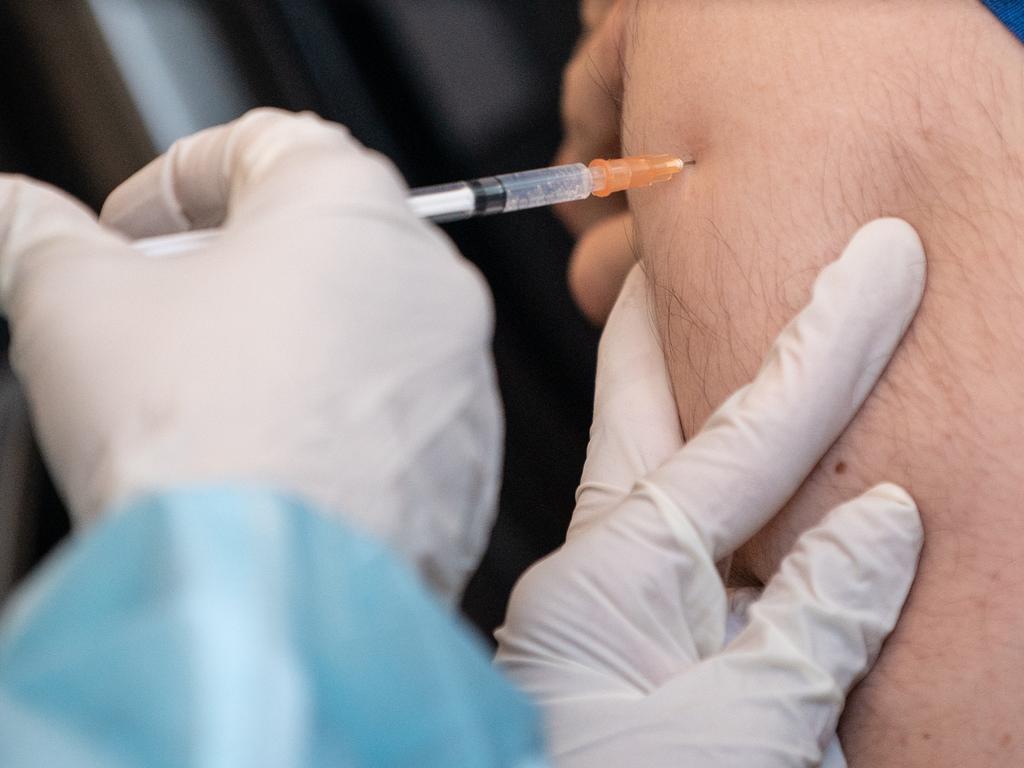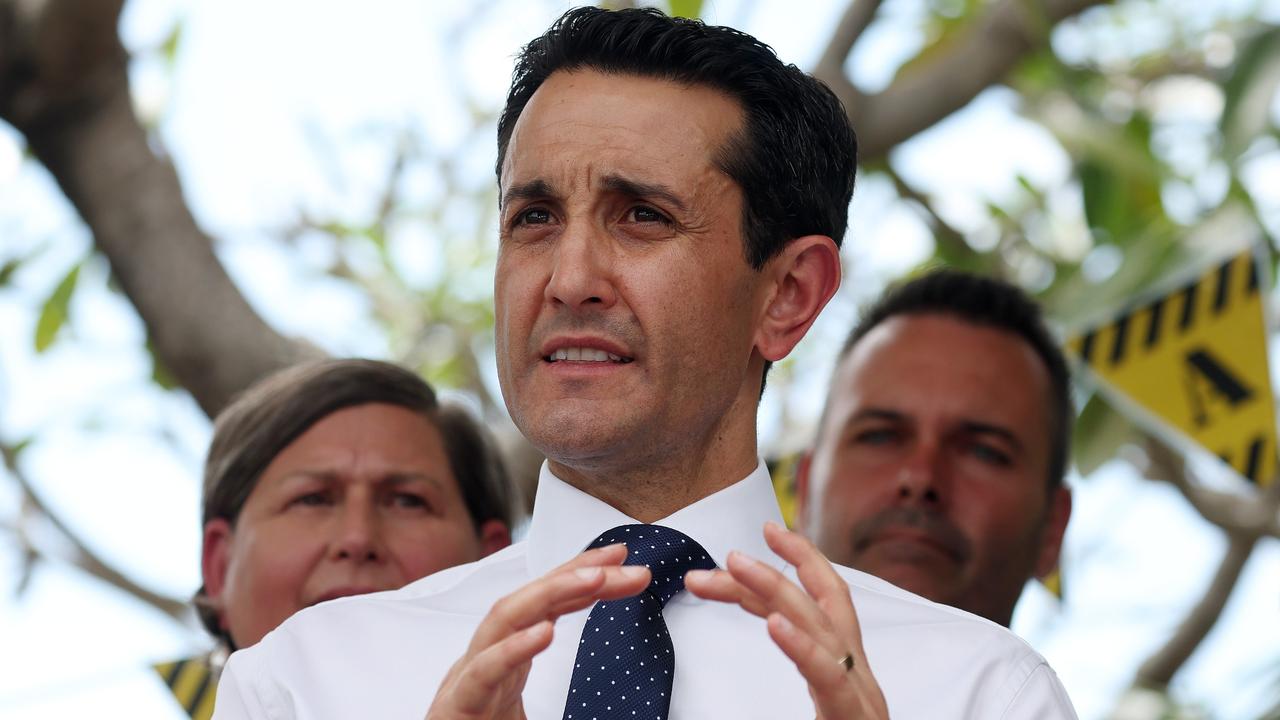Covid-19 vaccine rush to boost immunity of at-risk workers
Australia’s Covid-19 vaccine booster program may begin as early as next week with lockdown states opening up and infection rates predicted to rise.
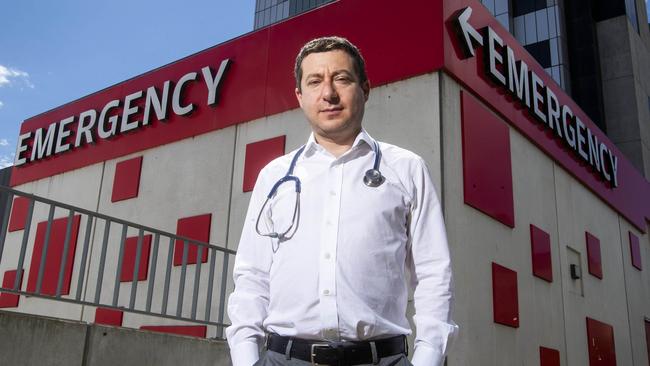
Australia’s Covid-19 vaccine booster program may begin as early as next week, as the federal government moves to supercharge the immunity of aged-care residents and provide comfort to health workers with lockdown states opening up and infection rates predicted to rise.
Peak aged-care bodies and healthcare workers who were vaccinated in the early stages of the rollout have expressed concern about waning immunity but the government’s top medical advisers say there is little evidence that reduced antibody levels lower protection against hospitalisation and severe illness. “There is yet not really any good evidence that protection from severe disease is waning,” said health department secretary Brendan Murphy.
“We don’t want anyone to feel that suddenly their protection has dropped.”
Health Minister Greg Hunt said Pfizer was submitting the final necessary data to the Therapeutic Goods Administration this weekend to enable speedy approval of booster doses.
The regulator’s vaccines advisory committee will meet on Monday to consider the data and the Australian Technical Advisory Group on Vaccination is preparing to release its advice on the booster program imminently.
“We’re in a position that if, by the middle of next week, there is an approval for a third dose of Pfizer, then we would be able to begin immediately,” Mr Hunt said.
“We’ve said the commencement date for aged-care inreach is the 8th of November, but indeed some facilities may be able to begin by the end of next week. And if we were to receive that approval by the end of next week, we will be in a position to start the general population on a booster as they come due.”

British Prime Minister Boris Johnson piled pressure on the vaccines regulator in his country to approve booster shots sooner than six months following full vaccination, as evidence accumulated that booster shots supercharged protection from symptomatic infection.
Australian healthcare workers on the frontline of caring for Covid-19 patients are bracing for rising cases throughout November and are concerned that the virus will be widely circulating at a time when their antibody levels are significantly diminished.
But experts say neutralising antibody levels is only one aspect of the immune response and other aspects such as t-cell levels and immune memory are likely to continue to confer strong protection if an individual contracts the disease.
“Antibody levels are only part of the protection of vaccines,” said Professor Murphy. “When you get the infection, if you’ve got what we call immune memory, even if your antibody levels have fallen, the cells are still there to make antibodies again and if the virus infects you, you will mount an immediate antibody immune response and that is what protects you.”
The nation’s peak aged-care body has welcomed the fast-tracking of the booster rollout.
Aged and Community Services Australia chief executive Paul Sadler said: “Hopefully we’ve got ahead of any wave from the opening up of society. We can’t be closed to the world like we have been over the last few months but we’ve got to step carefully.”
The first randomised trial to look systematically at the real-world protection offered by a booster – conducted by Pfizer and not yet peer reviewed – showed an additional jab raised protection against symptomatic infection by a further 95 per cent.
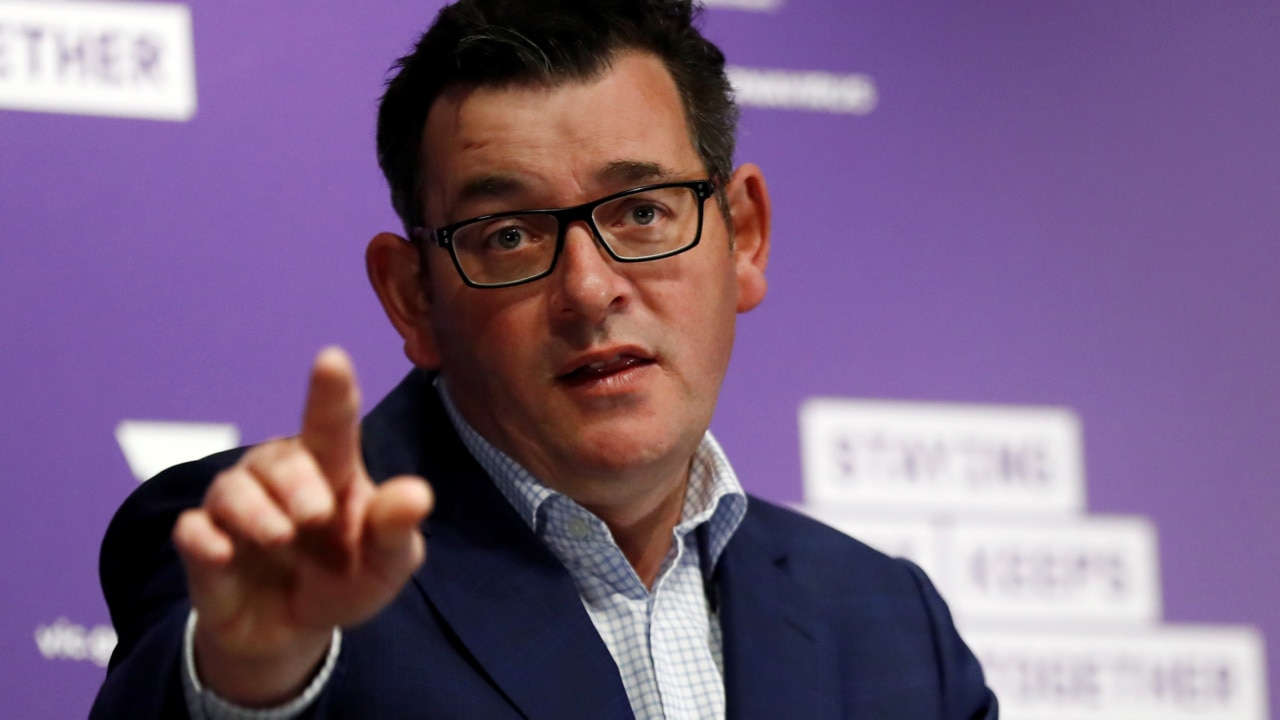
Ugur Sahin, chief executive of BioNTech, which co-developed the Pfizer vaccine, said the study indicated that booster shots would become standard. However, the World Health Organisation is yet to endorse booster programs.
“Based on these findings we believe that, in addition to broad global access to vaccines for everyone, booster vaccinations could play an important role in sustaining pandemic containment and a return to normalcy” Mr Sahin said.
According to data from Public Health England, the efficacy of the Pfizer vaccine begins to drop from about a month after the second dose, falling from more than 90 per cent protection against infection from the Delta variant to less than 75 per cent.
The UK has seen soaring cases in recent weeks as vaccine efficacy wanes, but there has not been a corresponding uptick in deaths.
Professor Murphy said a two-dose regime still provided strong protection against severe disease despite evidence that antibody levels were much lower six months after full vaccination. “We certainly don’t want anyone to feel that if they finished their vaccine course six months ago, that they’re not protected against severe Covid-19,” he said.
“We haven’t seen evidence so far that protection against severe disease wears off. We’re obviously watching what happens over time. If we do a booster program, it will be on the basis that we want to get ahead of the game to give people the best additional belt-and-braces protection, but not on the basis that we think people are suddenly vulnerable after six months.”
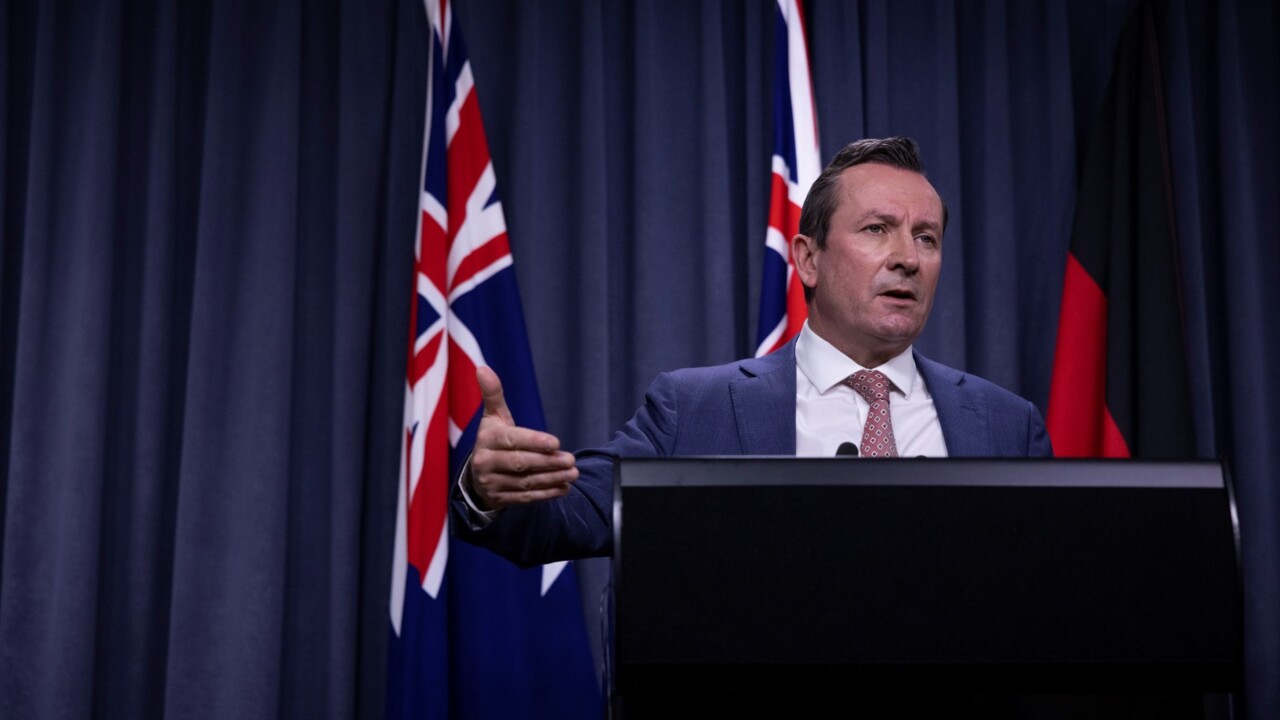
Professor Murphy said healthcare workers were not at high risk of suffering severe Covid-19.
“The medical experts are really unsure whether they actually do need a booster,” he said.
“If we do a program, we’ll probably offer it to every adult person, and particularly healthcare workers, if they feeling vulnerable, we’d like to help their vulnerability by offering them a booster. Because they’re exposed to Covid a lot, maybe a booster might give them a little bit better protection against transmission of the virus.
“But if they’ve had a good primary course of vaccination, there’s no evidence at this time that even after six months, they’re at more risk of severe Covid.”
Melbourne anaesthetist Mark Suss said doctors were concerned not only about their risk of catching Covid-19 as the protection from transmission offered by their initial vaccinations wore off, but also spreading the virus to patients and their families. “I think we need to rapidly act on the best evidence we have,” Dr Suss said. “In the interests of workplace safety, we need to act swiftly to protect healthcare workers and patients.”
In July, Israel’s ministry of health estimated that vaccine protection against both infection and disease had dropped from around 90 per cent in the early months of the country’s vaccine rollout to 40 per cent by late June. And a study of healthcare workers in the US found that vaccine effectiveness was around 90 per cent in March but had dropped to 65.5 per cent by July.
Another US study showed a similar decline from May to July in vaccine effectiveness in participants in New York, but vaccine effectiveness against hospitalisation had not declined.
Australia has ordered 151 million doses of vaccines to be used as boosters.




